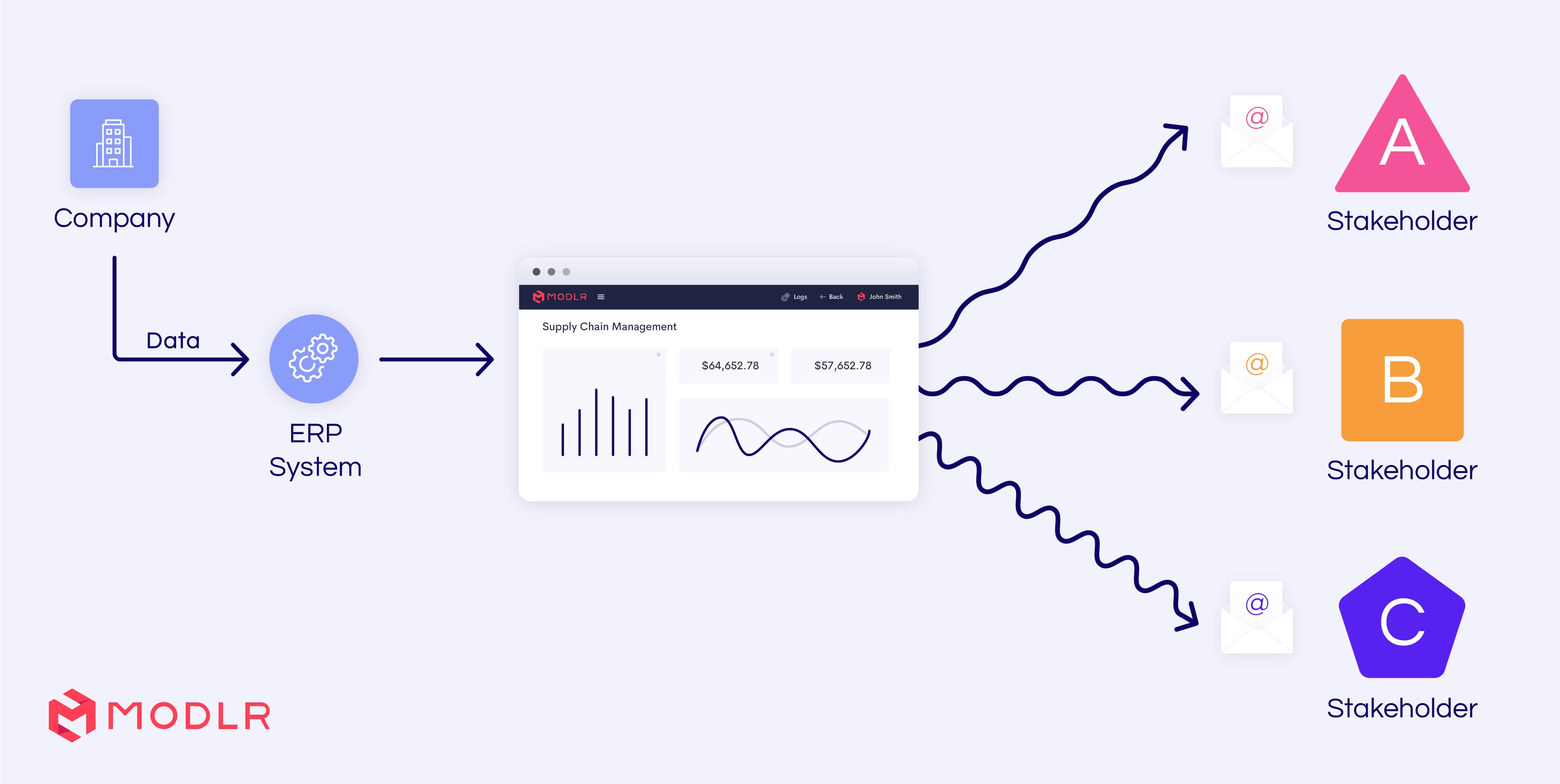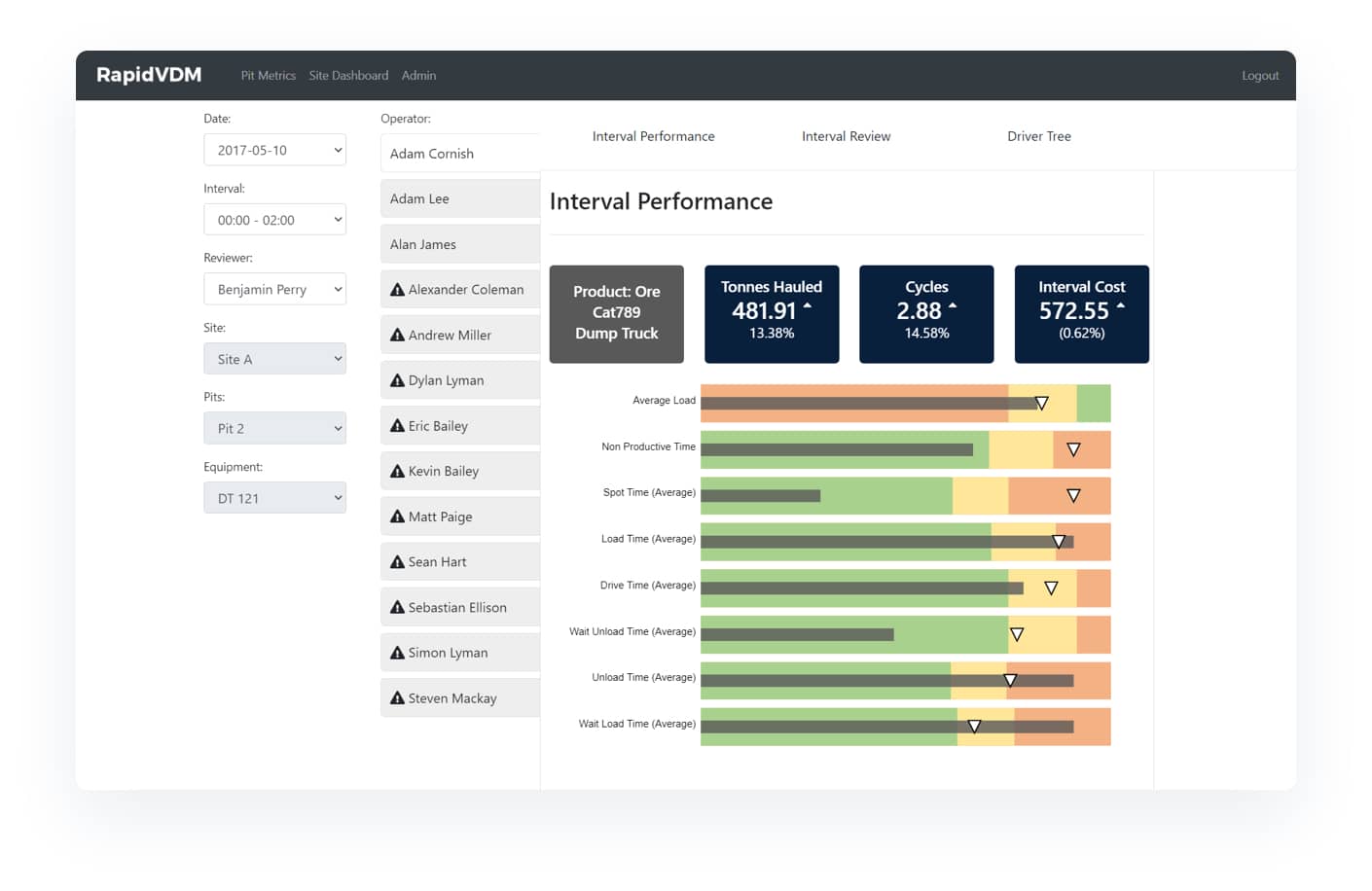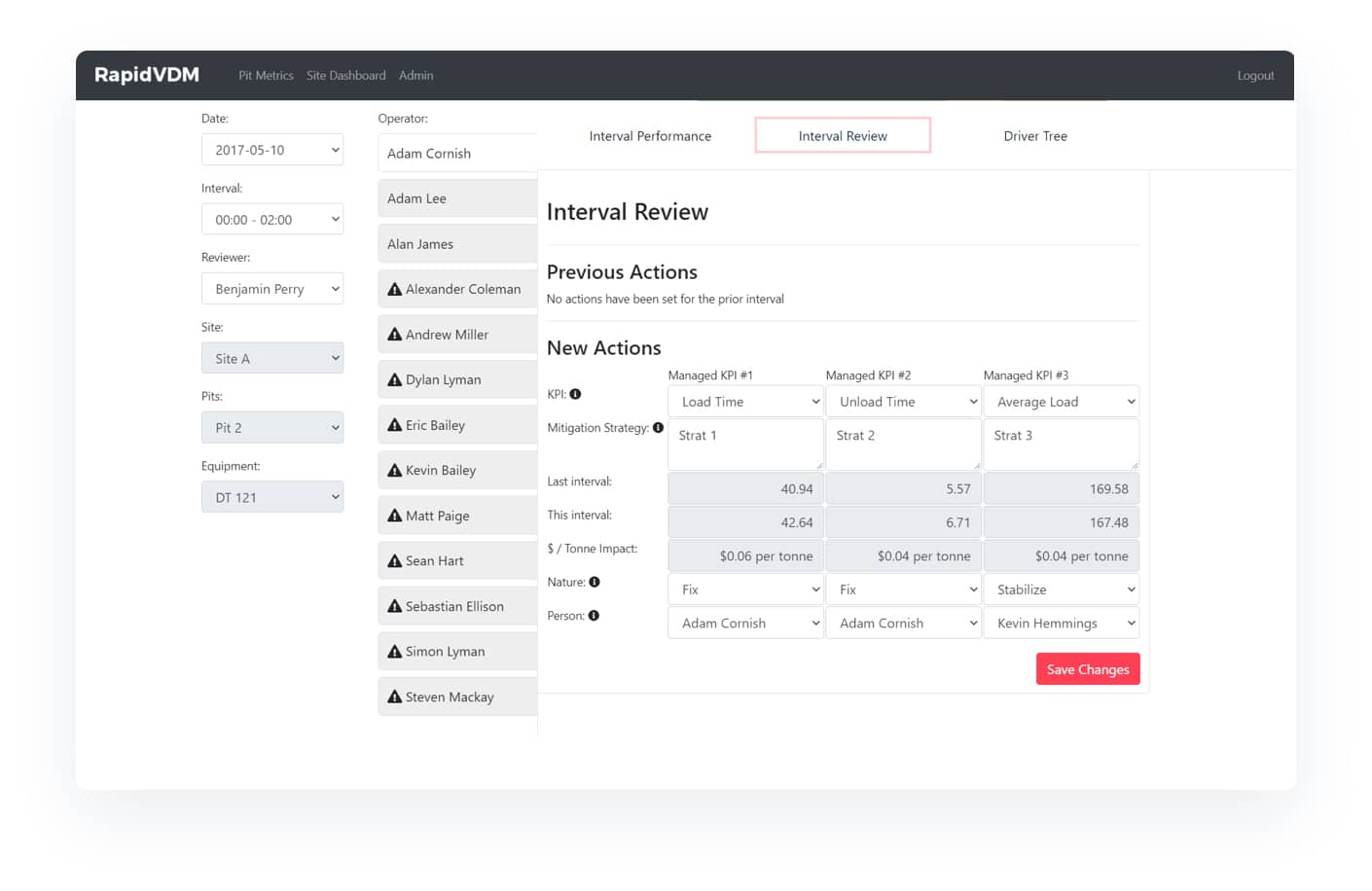Changes are happening in the world faster and more unpredictably than ever and resulting disruptions are inevitable in every industry. With this rapid pace of change, it’s increasingly vital that organisations can adapt to new conditions and trends as highlighted by Forbes123, meaning companies still retaining legacy and manual processes are becoming increasingly out of the loop.
It is no wonder in this time of great uncertainty companies are adopting cutting-edge and efficient supply chain management software to create stability by being able to quickly adapt to new situations.
But given this need and increasing search for the right supply chain management solutions, and the excess of competing for supply chain management (SCM) software on the market, how do you decide what is your best fit?
It’s important for companies to take time to evaluate their supply chain management systems and understand what functions are necessary to their line of business. Supply chain management software can offer an expansive range of functions, but all of them may not be necessary for your company. Decide on the core purposes of why you need SCM software and find a system that can fulfil your needs.
Consider these key features to help you find the SCM software right for your company:
1. AI-driven data analytics
Considered an essential factor for modern SCM software, AI-driven data analytics allows data to be aggregated from different sections of a supply chain – from suppliers and customers to inventory and warehousing – making monitoring and altering your SCM process vastly more efficient.

2. Real-time collaboration and visibility
The growing complexity and increasingly global nature of supply chains have created new threats and challenges to companies. Due to surrounding economic markets and exposure to potential disruptions such as natural disasters, geopolitical conflicts and labour disputes, market volatility has greatly arisen.
To deal with these and other risks, having the ability to fully visualise and map out your supply chain in real-time is an exceedingly precious asset. Knowing the immediate needs and issues that you, and your relevant stakeholders, such as suppliers and customers, are facing will allow you to proactively take measures and collaborate with them to create optimal resolutions. The agility to identify and mitigate relevant risks quicker than your competitors is a crucial strategic advantage in the current global climate, and real-time visibility is a foundational step towards that.
3. ERP Integration
Companies rely on a whole host of different solutions, systems and applications to manage their operations as they develop and scale. These tools, such as ERP software and databases, are ingrained into their core processes. Furthermore, as time goes on these tools often adopt custom and unique roles centred for specific business needs and are adapted into the culture – so the perception of cost for these tools can seem to outweigh the benefits of replacing them. This makes it extremely vital, especially in a company with a mature supply chain system, to select a SCM software that can quickly and seamlessly integrate with your existing ERP systems and tools. Doing so alleviates a disruptive shock to day-to-day operations while enhancing your operations to be competitive.
4. Customisability
One of the number one features a SCM software solution can offer is to be able to base itself around the specific needs of your company, its industry and its product. Customisability is your best friend.
In each industry and some products, there are unique supply chain needs that are not addressed in every SCM software – such as the consideration of critical time frames within a supply chain around perishable goods or the consideration of conditions and standards of raw materials and their end-products to meet legal or company guidelines.
The best SCM software will be able to cater and adapt to your business’s unique needs and operations, such as identifying potential stock runouts through integrated sales forecasting and inventory alerting.


5. Scalability
If you are a global company or a company seeking to expand anytime in the future, suppliers can go to thousands. It is extremely important to establish a firm understanding of your current business needs and the expected needs of your business as it grows when considering a SCM software. Finding a SCM software that caters for your scales of operation as well as being able to grow and expand as you do – as suppliers increase and your supply chains become more complex and multi-layered- is a must-have asset. Simply put- you do not want to invest into software that can’t grow with you, it defeats the purpose of investment in the first place.
As technology is rapidly evolving, the technology that is currently considered innovative can become quickly outdated. Therefore, prioritising a software’s ability to keep up with technology trends and innovation when choosing a supply chain management software is a must.
6. Intuitive and user-friendly interface
Adapting your supply chain for a new digital transformation requires consideration of many factors, a notable one is the willingness of your personnel to adopt the new technologies, especially if they use AI and machine learning. Choosing a SCM software with an intuitive, easy to learn and user-friendly interface makes acceptance and adoption throughout your whole company far easier – creating value quicker. Having features such as a control tower to map and manage the supply chain landscape, real-time collaboration and data visualisation are highly worth considering – but making sure that your employees and relevant stakeholders are able to use them and use them effectively is crucial. Otherwise having a decked out cutting edge SCM software is useless if no one can or wants to use it.
7. Look into the company behind the SCM Software
Now while this one is technically not a feature of SCM software itself, it is a vital consideration. It is critical you can trust and collaborate with the company providing your SCM software, and work with them to grow your business.
Great software will only be as good as the team behind it so having faith and trust in your providers and being sure they have the best interests for your business success is a valuable measure to consider when selecting an SCM software.
8. Cloud-based functionalities
Managing your supply chain with cloud-based software opens a lot of possibilities for businesses. Each step of your supply chain can be accessed, monitored and managed by authorised users in any location and time. This creates a central real-time platform for any user on the go, and additionally, cloud-based solutions can often be set up at lower costs, time and risks than on-premise systems.
9. Forecasting and Analytics
Built-in analytics and forecasting capabilities can create a great deal of value for your business, and prevent numerous risks from impacting your business.
Utilising these capabilities can assist your business to:
Identify any inefficiencies and bottlenecks in your supply chains.
Gather insight into the performance and sustainability of your business.
Understand your weaknesses and action on high-value opportunities available to you.
Predict the likelihood of threats and events occurring with scenario testing.
Estimate customer demand and plan out future production.
Particularly effective software can assist you to balance out any differences in your supply and demand by providing actionable insights and data based on internal and external trends to your business.
AI and Machine learning capabilities furthermore can allow software to ‘learn’ as it runs with your business. This eventually allows it to be able to identify volatility and risk by itself and informing the appropriate stakeholders as needed. As a result, stakeholders are able to more efficiently plan outsourcing and production processes in line with real demand- reducing costs on excess purchasing and spoilage.
Predictive dispatch based on customer demand trends may also be utilised, once managers are comfortable with the accuracy and insights provided by AI and Machine Learning. What-if scenario simulations can also be run using the analytics to plan for and mitigate risky scenarios. Essentially forecasting and analytics enable businesses to leverage their data and enhance their business processes.
Next Steps
Supply chains are evolving in swift and unpredictable manners. With expanding scope and complexities as well as increasing potential for disruptions, the digital transformation of supply chain operations is imperative. Companies need to select cutting-edge SCM software that works with them to take advantage of AI and machine learning, cloud-based technology, automation and be able to fit with the needs and nature of their business to thrive. Agility is crucial for companies to meet the wave of upcoming global challenges – so adapt now with MODLR to ensure all your needs are met.






